Gender stereotype: Reason for gender-based violence – Emem Okon
A frontline women activist has identified gender stereotypes as a major reason for gender-based violence in society.
The Executive Director and CEO of Kebetkache Women Development and Resource Centre, Emem Okon, PhD stated this in her paper presentation during a One-Day Capacity Building for Journalists on Gender-Based Violence and Inclusion, which took place recently at Aldgate Hotel, Abacha Road, Port Harcourt, Rivers State.
Okon, who spoke on the topic: “Understanding Gender-Based Violence”, said the training became necessary, to enable them to gather responses on different issues and scenarios regarding gender-based violence in the Niger Delta Region, which according to her was the significance of the training.
She stressed that there was a need to build more synergies with journalists, in a bid to create enough awareness with the view to help reduce to its barest minimum, the ugly trend of gender-based violence, which according to her was fast becoming so rampant, especially in Nigeria.
The grassroots women leader, who just returned to Nigeria from COP 28 held in the United Arab Emirate, hinted that discrimination and violence can either be against both sexes and not just targeted at the women alone, saying that beliefs and norms could also legitimise actions against women and men, which she said can occur in the families, offices, market places among others.
On her part, the legal adviser of Kebetkache Women Development and Resource Centre, Port Harcourt, Mrs Rosemary Dokubo, a lawyer who spoke at the event on Domestication of Violence Against Persons Prohibition (VAPP) Law, said there were key issues people should be exposed to in respect of the said law.
Dokubo, a Port Harcourt-based lawyer maintained that the VAPP Law was meant to guarantee protection for both sexes, especially women who according to her were most vulnerable, adding that a girl child can only be given out in marriage at the age of 18 years and above.
She said the main thrust of the VAPP Law, was to eliminate violence in private and public life; prohibit all forms of violence against persons, especially women and girls who were disproportionately affected; provide maximum protection and effective remedies for victims; punishment of offenders and for other matters connected to it.
The learned woman said following the VAPP Law, the penalty for beating a woman or girl child was three years in prison or an option of a fine of N200,000 if convicted and further said a victim can also be compensated upon winning the case, following the criminal code law of Nigeria.
The legal luminary listed the four pillars of GBV to include; prevention, access to the justice system, coordination/ monitoring and provision of legal services, which she said can be on pro bono (i.e. free of charge) and recommended the use of MultiDoor Court, or Alternative Dispute Resolutions (ADR) for fast settlement of cases, including GBV.
The capacity building training, which was organized by Kebetkache Women in partnership with WRAPA and MacArthur Foundation, also featured a paper presentation on How to Report Gender Issues and Inclusion by Chief Constance Meju, a Port Harcourt based journalist and publisher, who is also the chairperson, Niger Delta Journalists for Climate Change, presentation on women issues and responses at national level, by Emem Okon, PhD, group discussions, among others.
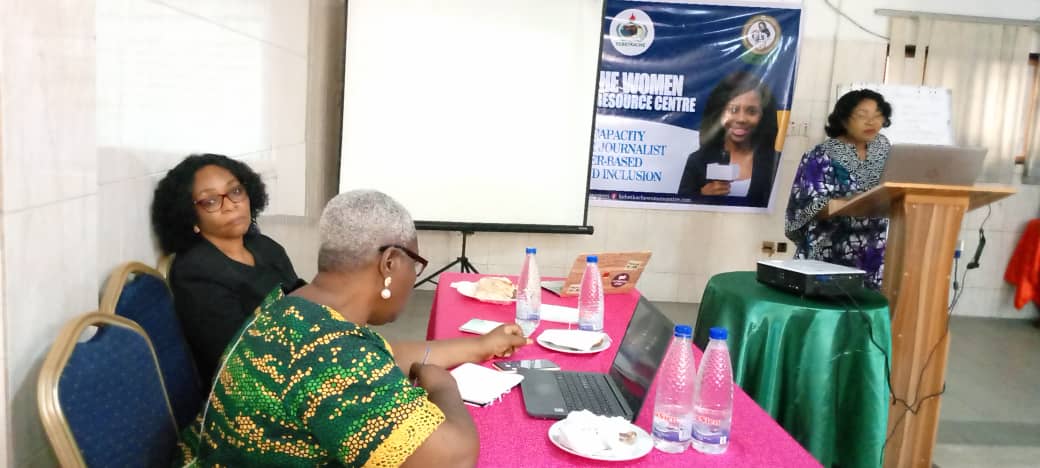
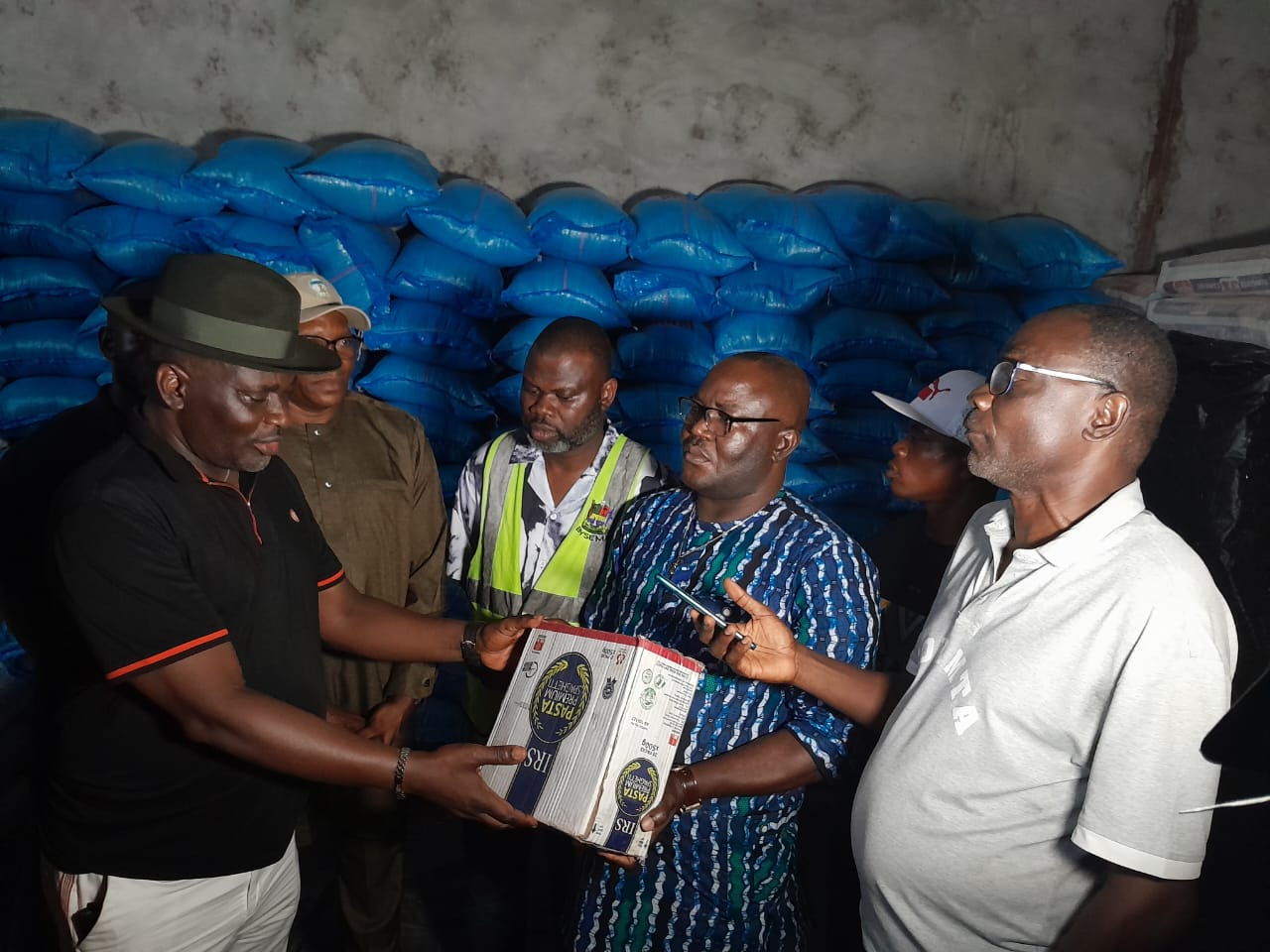





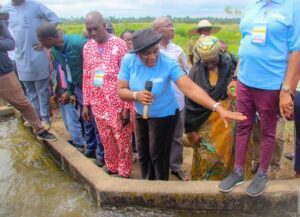
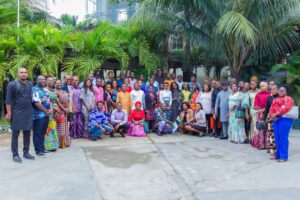















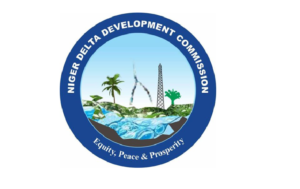



Post Comment